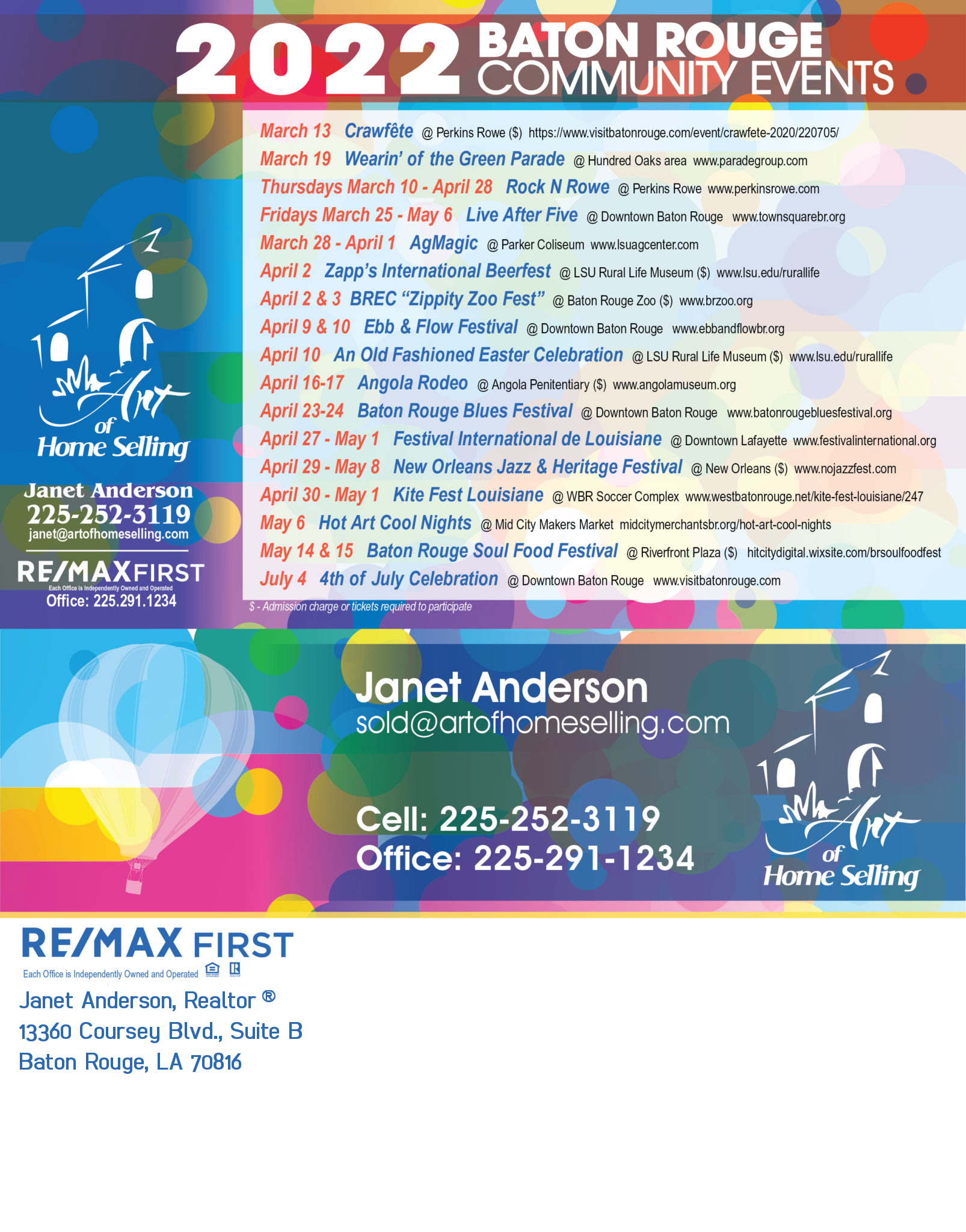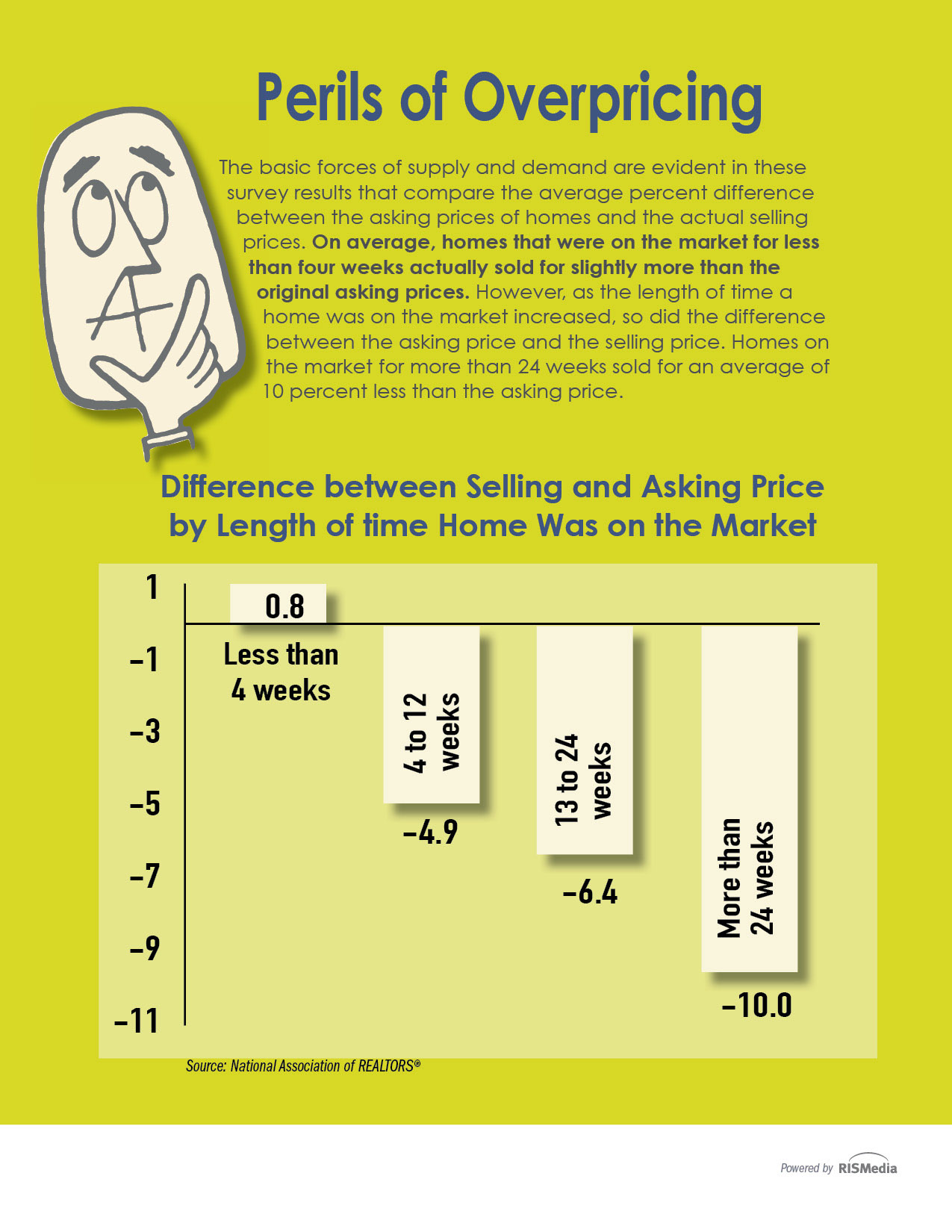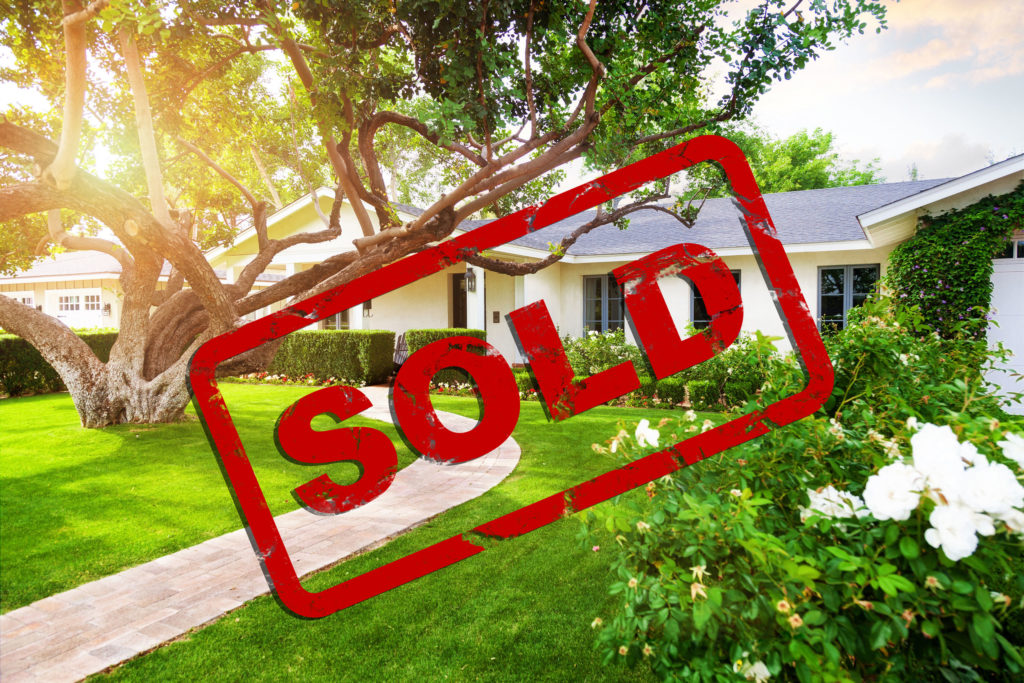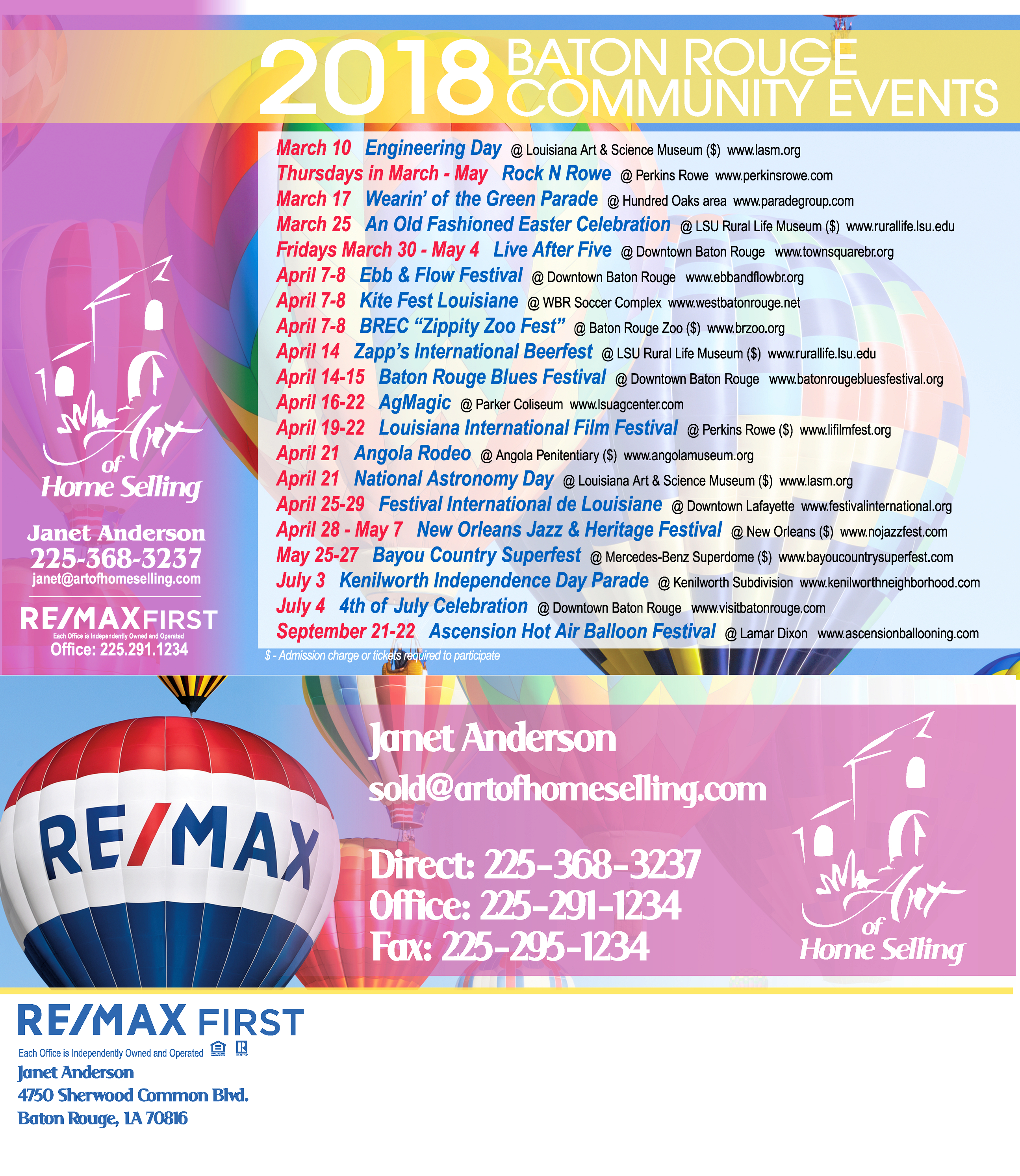Some of the many celebrations and festivals taking place in Baton Rouge in 2022.
There is something for everyone.


Some of the many celebrations and festivals taking place in Baton Rouge in 2022.
There is something for everyone.

A new kitchen is not only something you get to enjoy in the present, but it also can boost the long-term value of your home and make it more attractive to prospective buyers. But, just how do you go about completing a kitchen remodel without breaking the bank? In this article, we’ll review a few tips for saving on your kitchen project.
Set a kitchen remodeling budget
The average cost of a kitchen remodel in the United States is about $22,000. That might seem like a lot of money, but there are ways to cut costs and get the project done for less. Here’s just a few:
Invest in new counter tops and cabinets
Combined, new counter tops and cabinets will likely be the most expensive part of your kitchen remodel. Many homeowners looking to complete their remodel on a tight budget are tempted to cut corners in this area. We don’t recommend it. They may be expensive, but new counter tops and cabinets are vital to boosting your home’s value. Most prospective home buyers have come to associate “remodeled kitchen” with “new counter tops and cabinets.” If you either pass on replacing your counters or cabinets or invest in low-quality materials, the decision could come back to bite you when you list your home.
Add value through small, inexpensive upgrades
Not every aspect of your kitchen remodel needs to be a “big ticket” item. While new counter tops and cabinets are at the heart of the project, there are many small, DIY projects homeowners can complete to finish the remodel and enhance the value of their new kitchen:
● Lighting: Never underestimate the power of light. The right lighting—whether it’s pendant lighting over a kitchen island or under cabinet lighting showing off your beautiful new quartz counter tops—can bring new life to a space, especially in contrast to the harsh brightness of fluorescent lights.
● Paint: One of the least expensive tasks in a kitchen remodel, finish things off with a fresh coat of paint to make the space feel new and vibrant.
● Accessories: Pick handles and pulls for your cabinets and drawers that match the overall aesthetic of your new kitchen. Choose a back splash that complements your counter tops and cabinets—if you have selected white quartz and white cabinets, a splash of color in the back splash might not be a bad idea.
Get more out of your kitchen remodel
For an exact cost breakdown and more tips for saving money on your kitchen remodel, take a look at this infographic below:


Whether it’s a “buyer’s” or “seller’s” market, homebuyers will always have options when looking for homes in their preferred price range. Even in markets where home inventory is low, buyers can be patient and picky: very few of them are going to settle and pay full asking price for a home that doesn’t check many of their boxes. As a home seller, this means the ball is in your court. Prior to listing, your goal is to make your home the most appealing it can be so that you can get the highest possible offer for your property.
In this article, we’ll review some of the best value-boosting remodeling projects, discuss disqualifying factors you should address before listing, and evaluate the true value of making a good first impression. Let’s dive in:
There’s no hotter buzzword in home remodeling than “return on investment”, or “ROI.” You can’t watch a home remodeling TV show without hearing it about a dozen times. ROI is especially relevant to homeowners who are planning on selling their home because no one wants to sink thousands into a property months before they walk out the door. You want some degree of assurance that some of that value is going to come back to you when you list your home at a higher price and get better offers from buyers.
Amongst all the upgrades you can make to your home prior to listing, we recommend upgrading your kitchen and bathroom. You’ll see a high degree of ROI from both of these projects.
Your home just isn’t going to click for every single buyer out there. After all, there’s no accounting for taste: just because most buyers love your new quartz countertops doesn’t mean that every buyer will.
However, you should consider addressing any aspects of your home that might be universally unappealing for buyers or potential deal-killers. Here’s just a few of them to watch out for:
For most buyers, the first look they get of your home is online. Home listing sites have dozens, if not hundreds, of available homes for buyers to scroll through. The buyer has already set filters for price and other preferences, so when they click on your listing, they’re probably going straight to the photo slideshow. They may only spend a couple of seconds here: making a good first impression can really make all the difference.
This is where that kitchen or bathroom upgrade can really be key. Most realtors agree that buyers in the millenial age group—the single largest group of homebuyers today—see upgraded kitchens and bathrooms as a must-have, with a preference for open floor plans that make the kitchen the center of home life.
The pictures of your new kitchen or bathroom may be just what it takes to get that prospective buyer to favorite your listing or send it along to their realtor. With dozens of buyers doing this, you’re going to see an uptick in buyers touring your home and—eventually—solid offers coming in for your home. Once you get the offer that’s right, you can move forward knowing that your effort and foresight helped you maximize the value of your home.
Pitfalls? “But I just want to move up/ pare down and I KNOW my home is worth XXXX amount after all the upgrades we have put into it over the years!” Sound familiar?

Every real estate agent has heard this a time or two. Yes, we get it. You have a beautiful home, made fabulous memories and saw a home similar that went for tons of money. But, as real estate agents we are here to guide you to what the current market can bear. And, unfortunately that may be nowhere near what you have in your mind.
But you must also ask yourself, how fast do you want it sold? We ran into a graphic from realtor.com that pretty well explains the need for pricing your home correctly and RISMedia wrote a short post on it as well located at http://rismedia.com/2016/08/09/perils-of-overpricing/). You see, in the first few weeks your home is on the market, you may receive your asking price – even better. But as time goes on, the likely hood of you receiving your asking price dwindles. Take a look at real numbers:

Also remember how you felt when you bought your home many years ago. You loved it, right? But still you wanted to pay a fair price. Did you go see homes that were overpriced? I’ll bet not – and neither will buyers for your home come to see your home if it is not priced right.
But then again, you are a smart seller – otherwise you would not have a realtor to guide you in the current market, the proper price and even a price reduction if we ever need to. We are here to get the best price on your home the market will allow and help you in all the process along the way until your home is sold!

For some, the decision to sell a home is almost automatic, with no hesitation: job change, seller’s market, need more room or need to downsize, etc. For others, there could be a number of reasons why a property owner might hesitate, or procrastinate, to sell. If you’ve thought about selling, but just can’t bring yourself to do it, you could have fallen victim to some of the most common top seller procrastinations listed below.
Patience is a virtue, but when it comes to real estate, sometimes it’s not the best practice.  Waiting to sell a property might seem like a good idea, especially in real estate markets that are still growing. But in cities where real estate markets have seen lots of competition, waiting to sell a property in order to see a large return may backfire if other nearby areas also see a rise in property values. If you’re procrastinating selling a property because of a hope that the property’s value will increase, it’s best to talk to a real estate agent about the local market to see if now is the time to sell or not.
Waiting to sell a property might seem like a good idea, especially in real estate markets that are still growing. But in cities where real estate markets have seen lots of competition, waiting to sell a property in order to see a large return may backfire if other nearby areas also see a rise in property values. If you’re procrastinating selling a property because of a hope that the property’s value will increase, it’s best to talk to a real estate agent about the local market to see if now is the time to sell or not.
We all want to get top dollar for our property. With the many things you can do to help increase your property’s value, waiting to sell because you’re waiting to make repairs might not be the best plan if you’ve been waiting six years to paint your house. Waiting to sell because your home isn’t as up-to-date as it could be puts a lot of responsibility on you, the homeowner. If you have a busy life, it’s likely those projects will take a long time to get done, so waiting to sell until you have your home updated could be a seller procrastination in disguise, and definitely something to avoid.
While it may seem like a great idea to stay in one home while your children grow, the reality is real estate markets all over the country go up and down year to year, and if you’re hoping to make a killing on your home once your kids have flown the coop, you might be out of luck. Markets that are popular now might not be in 7 to 17 years. When it comes to real estate, nothing is guaranteed, especially in the not so foreseeable future. By waiting, you’re betting on an increase for real estate in your area, and while that bet might seem like a sure thing right now, the future is unknown.
For many Americans who have recently retired, the homes they bought 30 to 40 years ago have  seen a very large return on investment. The median home value in the U.S. in 1980 was $47,200. As of 2014 numbers, that value rose to $188,900 (and for those markets that have seen huge gains, the median value may be hundreds of thousands greater). For those just entering the real estate market, buying a home is incredibly expensive and requires a lot more money than it did when our parents bought their first home. Real estate, especially for younger people, should almost act as a financial strategy, where one plays the local real estate market by buying low and selling high in a relatively short amount of time to fully maximize an investment. Staying in a home for only three to five years could be a much more financially sound strategy than hoping a single home’s value increases x amount over the next 40 years. The economy is completely different than it was when Baby Boomers first entered the job market. Don’t procrastinate on selling with the hope that you’ll see a greater return on your property when you retire like many of our parents are seeing.
seen a very large return on investment. The median home value in the U.S. in 1980 was $47,200. As of 2014 numbers, that value rose to $188,900 (and for those markets that have seen huge gains, the median value may be hundreds of thousands greater). For those just entering the real estate market, buying a home is incredibly expensive and requires a lot more money than it did when our parents bought their first home. Real estate, especially for younger people, should almost act as a financial strategy, where one plays the local real estate market by buying low and selling high in a relatively short amount of time to fully maximize an investment. Staying in a home for only three to five years could be a much more financially sound strategy than hoping a single home’s value increases x amount over the next 40 years. The economy is completely different than it was when Baby Boomers first entered the job market. Don’t procrastinate on selling with the hope that you’ll see a greater return on your property when you retire like many of our parents are seeing.
Memories mean a lot to many people. When it comes to a home full of memories, the emotional attachment to the property can make it very hard to sell, even when it may seem like the most common sense thing to do (or when you have to or need to sell). If you’re avoiding a home sale because of an emotional attachment, it’s best to remember that those memories will always be with you, no matter where you live. It’s very unlikely for an emotional bond to lessen, especially in a home full of love – resist the temptation to procrastinate and preserve your memories through photos and videos, which can go with you no matter the next destination.
Memories mean a lot to many people. When it comes to a home full of memories, the emotional attachment to the property can make it very hard to sell, even when it may seem like the most common sense thing to do (or when you have to or need to sell). If you’re avoiding a  home sale because of an emotional attachment, it’s best to remember that those memories will always be with you, no matter where you live. It’s very unlikely for an emotional bond to lessen, especially in a home full of love – resist the temptation to procrastinate and preserve your memories through photos and videos, which can go with you no matter the next destination.
home sale because of an emotional attachment, it’s best to remember that those memories will always be with you, no matter where you live. It’s very unlikely for an emotional bond to lessen, especially in a home full of love – resist the temptation to procrastinate and preserve your memories through photos and videos, which can go with you no matter the next destination.
Selling a home is a big decision. For some the decision is easy, for others it can mean years and years of delay. Don’t fall prey to seller procrastination – contact your local agent to help you work through your delay. S/he will be able to address your concerns and will work directly with you to come up with a solid solution to the issue.
Come see what’s happening in Baton Rouge! We have plenty of great Festivals and Celebrations for everyone to enjoy!

The catastrophic flood devastating Louisiana is now the worst natural  disaster to strike the United States since Hurricane Sandy four years ago, the Red Cross said.
disaster to strike the United States since Hurricane Sandy four years ago, the Red Cross said.
“Thousands of people in Louisiana have lost everything they own and need our help now,” said Brad Kieserman, the Red Cross’ vice president of disaster services operations and logistics.
“This disaster is the worst to hit the United States since Superstorm Sandy, and we anticipate it will cost at least $30 million — a number which may grow as we learn more about the scope and magnitude of the devastation.”
6,900,000,000,000 gallons of rain in one week.
The calamity struck quickly and ferociously. In one part of Livingston Parish, more than 31 inches of rain fell in 15 hours.
Hopefully we can be of some help by passing on some more Flood Resources we have found:
Many Bankers have asked how they can help. Here are a couple:
The devastation of the flood of 2016 to Baton Rouge and surrounding areas has been high.  Many homes have been destroyed and many are homeless. Some help is on the way from FEMA (Federal Emergency Management Agency) but it is hard to wade through who and what is eligible. Hopefully we can shed a bit of light in the darkness.
Many homes have been destroyed and many are homeless. Some help is on the way from FEMA (Federal Emergency Management Agency) but it is hard to wade through who and what is eligible. Hopefully we can shed a bit of light in the darkness.
You’ll need to have the following information handy to apply online:
Before you apply for FEMA’s IHP Program online, it may be helpful to know what benefits you are eligible for:
The following are not eligible losses under the IHP:

The following types of assistance are available through the IHP:
To receive money or help for Housing Needs that are the result of a disaster, all of the following must be true:
To receive money for Needs Other than Housing that are the result of a disaster, all of the following must be true:
This is a hyperlink to the National Flood Insurance Agent Locator website:https://www.floodsmart .gov/floodsmart/pages/choose_ your_policy/agent_locator.jsp
IHP only covers repairs or replacement of items that are damaged as a direct result of the disaster that are not covered by insurance. Repairs or rebuilding may not improve your home above its pre‐disaster condition unless such improvements are required by current building codes.
Housing Needs: Money to repair your home is limited to making your home safe and sanitary so you can live there. IHP will not pay to return your home to its condition before the disaster. You may use your money provided for housing needs to repair:
Other than Housing Needs: Money to repair damaged personal property or to pay for disaster‐related necessary expenses and serious needs is limited to items or services that help prevent or overcome a disaster‐related hardship, injury or adverse condition. IHP will not pay to return or replace your personal property to its condition before the disaster. You may use your money provided for other than housing needs to repair or pay for:
*Individuals and Households Program (IHP). Most of this is taken from FEMA’s IHP Applicant’s Guide
Can you believe it is time for the kids to be back in school? Summer always goes by way too fast. In order to keep up with what is happening this year, we have posted the 2016-2017 School Calendar for East Baton Rouge. We hope you enjoy it.

If you would like to have a pdf of your very own to print out and keep handy for the year, feel free to click here to download one with our compliments!
 l Media Sites (and what it means in Real Estate)
l Media Sites (and what it means in Real Estate)
What is Facebook? Facebook is probably the most popular social networking site on the Internet. Used by people around the world, Facebook allows users to make posts, share pictures and videos, and overall connect with friends, family and communities via the Internet. Facebook allows users to get direct access to information via posts by people in their groups. If you’re utilizing Facebook for real estate marketing, you have the ability to post listings, property pictures and other information that users will find immediately helpful. Not only that, but with the fact that Facebook users are all somehow connected via friends and groups, your listing can be shared beyond your immediate group of contacts, making Facebook a great word-of-mouth marketing tool.
The most common age group of Facebook users is 25 to 34; many people who use Facebook will be interested in real estate or know someone who is. Facebook also allows users to share information about their communities and neighborhoods that might not be found on a website (because it comes directly from the people living in the community), so the amount of info that can be accessed via Facebook is almost limitless.
 What is Twitter? Twitter is an online social networking site that is also used by people around the world. The draw of Twitter is that it’s a rolling conversation: it’s fast-paced and posts are limited to 140 characters or less. Users have the ability to post pictures, videos and links to other media or websites that can be readily accessed by their followers. Twitter is also an excellent marketing medium because it has a great search function: if you’re looking for information about a certain city, community or neighborhood, it’s likely you’ll be able to find Twitter conversations (or ‘tweets’) with relevant information and responses.
What is Twitter? Twitter is an online social networking site that is also used by people around the world. The draw of Twitter is that it’s a rolling conversation: it’s fast-paced and posts are limited to 140 characters or less. Users have the ability to post pictures, videos and links to other media or websites that can be readily accessed by their followers. Twitter is also an excellent marketing medium because it has a great search function: if you’re looking for information about a certain city, community or neighborhood, it’s likely you’ll be able to find Twitter conversations (or ‘tweets’) with relevant information and responses.
Marketing with Twitter requires a lot of engagement on both sides of the coin. Because Twitter conversations are constant, the more effort that’s put forth on Twitter means the greater the reach of your posts and the people who will receive your information. Twitter is a great tool in that users have the ability to attach hashtags, or #, to apply keywords or phrases to a post. This allows for greater reach, as anyone can search for a keyword or phrase, meaning the number of people that can find your post is only limited to the total number of Twitter users.
 Instagram and Pinterest are both online social networking services that rely heavily on images. Instagram users share photos and videos, either their own or those of others, and Pinterest is an application that allows users to share those pictures or compile them together into “pin boards.” The benefit in both of these social media sites is the ability for users to share media – whether it is pictures or videos. People in general crave visuals – we are visual beings, especially when it comes to homes and properties. Visuals have been found to create and boost user engagement, and both Instagram and Pinterest are an excellent way to showcase a listing’s pictures and information. Both are also great tools for anyone looking for ideas on curb appeal, ways to stage a home, or even those looking for ideas on updating a property to get it ready to sell.
Instagram and Pinterest are both online social networking services that rely heavily on images. Instagram users share photos and videos, either their own or those of others, and Pinterest is an application that allows users to share those pictures or compile them together into “pin boards.” The benefit in both of these social media sites is the ability for users to share media – whether it is pictures or videos. People in general crave visuals – we are visual beings, especially when it comes to homes and properties. Visuals have been found to create and boost user engagement, and both Instagram and Pinterest are an excellent way to showcase a listing’s pictures and information. Both are also great tools for anyone looking for ideas on curb appeal, ways to stage a home, or even those looking for ideas on updating a property to get it ready to sell.
Social media has become a way of life in our ever changing, technological world. Real estate is a competitive market for both buyers and sellers, and social media is a great, readily available tool for anyone interested in real estate to utilize to their benefit. Check out some of these sites and see the endless possibilities of social media and real estate.
As always, contact us if you are looking to sell your home! We always use state of the art marketing including social media to sell your home!
